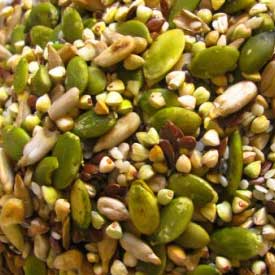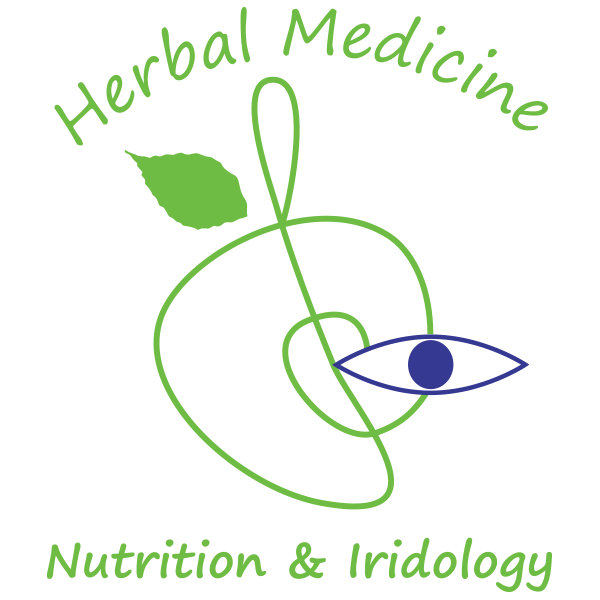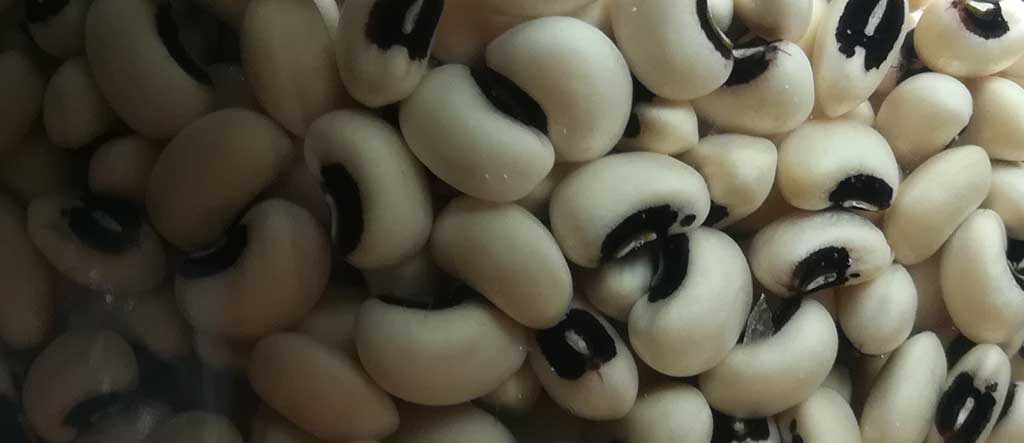
Proteins are involved in all functions of the body. They help to build body tissues, enzymes, immune cells and are essential for repair and maintenance. Amino acids, of which there are 20, are the building blocks of proteins. 9 of these amino acids are considered essential as the body cannot make them and need to be obtained through the diet. When a food contains all 9 of these amino acids it is referred to as a complete protein. Plant-based proteins contain all essential amino acids but in varying amounts and not all are assimilated. However the traditional combinations of foods such as beans and wholegrains in plant-based diets can provide adequate amounts of complete proteins.
Plant-based proteins are primarily found in seeds.
The seed is the reproductive part of a plant and requires all essential amino acids to reproduce itself.
- Grains: wheat, rye, barley, buckwheat, quinoa, amaranth, spelt, oats, millet
- Legumes: chickpeas, lentils, peas and beans
- Nuts: almonds, Brazils, hazelnuts, walnuts, pecans, etc.
- Seeds: pumpkin, sunflower, chia, linseeds, hemp, etc.
Variety is essential to meeting your protein needs. Variety also keeps meals interesting and challenges our digestion system.
Protein needs decrease with age, excessive amounts burdens the kidneys and can reduce bone density. Protein requirements can also be increased by certain health conditions and levels of physical activity. For healthy adults, protein should account for about 20 – 25% of total food intake.
Sesame seeds provide 20% proteins that contain all the essential amino acids with higher concentrations of calcium than cows’ milk. They are high in lecithin, unsaturated fats, vitamins E and B complex.
Sunflower, pumpkin and sesame seeds combined produce a complete protein; they are rich in essential fatty acids and B vitamins. They have three times as much iron, twice as much protein and 25 times more thiamine and vitamin E than any prime beefsteak.
Nut butters, milks and spreads like tahini (sesame seeds) are convenient, but use in moderation. Also, soak seeds and nuts before consuming to activate their enzyme content and make them easier to digest.
If you are a big tea drinker you may already know that tea is high in tannin, which affects the digestion of protein, and inhibits the absorption of micronutrients. Try a cup of herbal tea every now and then in place of your regular cuppa.

